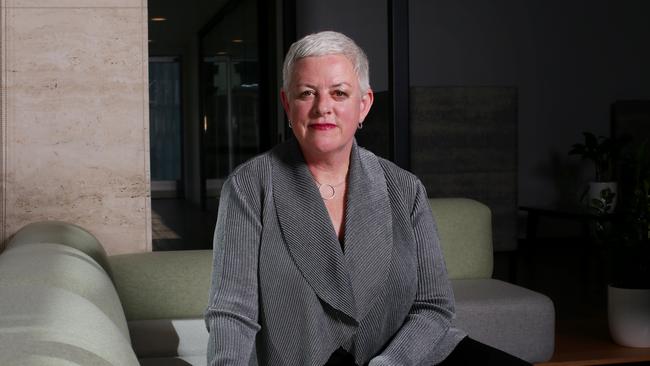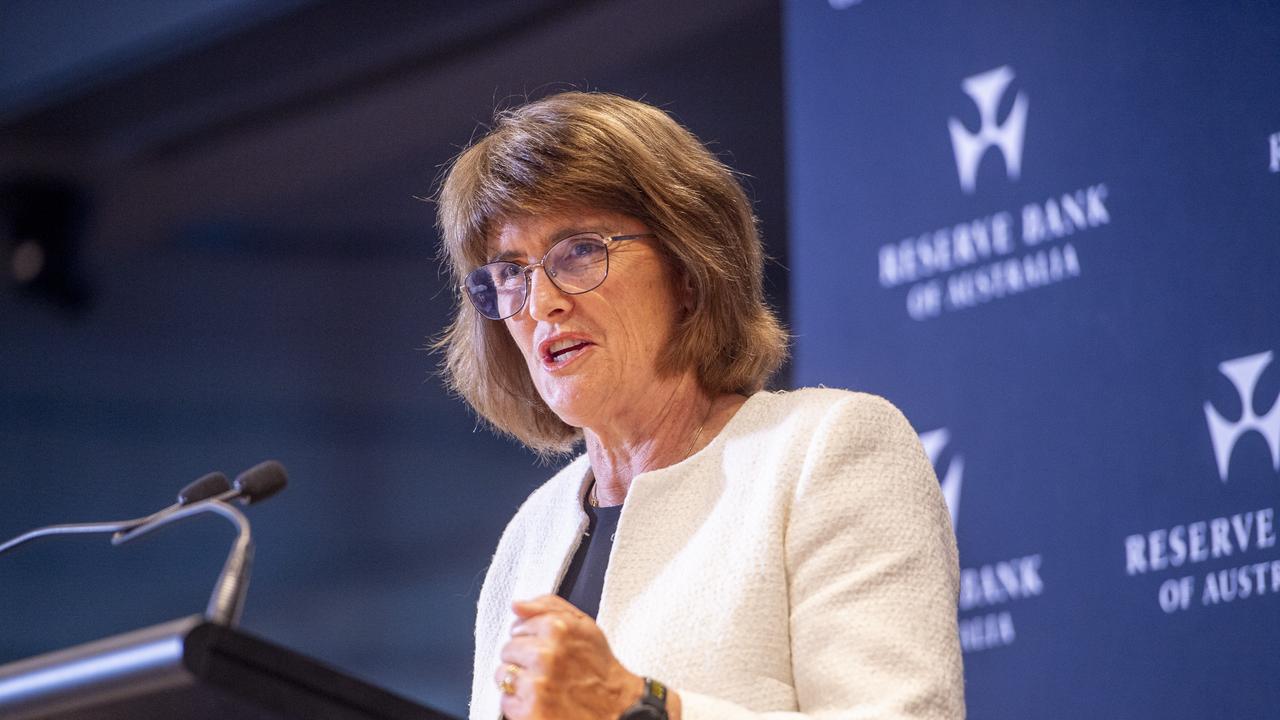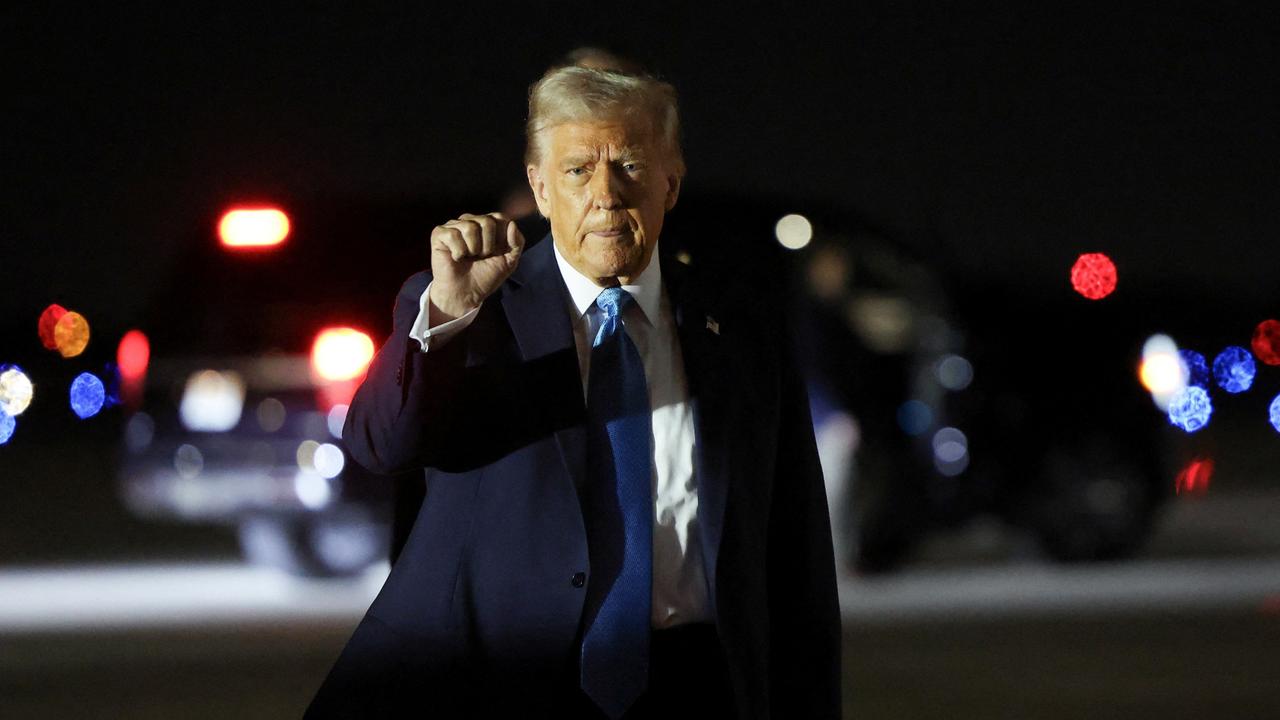How to improve ties with Japan to boost trade
Australia needs to tune into the concerns of Japan 2021 if it wants to boost trade ties with the world’s third-largest economy.

Australia needs to tune into the concerns of Japan 2021 if it wants to boost trade ties with the world’s third-largest economy, according to Australia-Japan expert Melanie Brock.
Visiting Australia from her base in Tokyo this week, Brock, who has spent 30 years living in Japan consulting for clients such as Meat and Livestock Australia and James Packer’s Crown Resorts casino group, says there is potential for Australia to do more business with the nation in areas such as clean energy, digital technologies and in coinvestments with Japanese companies in Asia.
But she says Japan of 2021 is a country still concerned about coping with the pandemic, including evening restaurant lockdowns and the prospects for the upcoming Olympics, against the backdrop of decades of slow economic growth and a declining population and birthrate.
Brock says that, while its big companies operate globally, and it is known for high-level manufacturing and engineering, Japan is surprisingly backward in many other ways, relying on analog-based systems for its financial services, particularly banking.
But it also has a heightened concern about the environment given the commitment by Prime Minister Yoshihide Suga in October last year to reduce the country’s greenhouse gas emissions to net zero by 2050.
Brock believes that if Australia wants to increase its ties with Japan, a view championed by Scott Morrison, and is looking for new trade opportunities beyond China, political and corporate Australia needs to actively engage with what modern Japan itself wants.
“We have to keep thinking about what it is that Japan wants, rather than forcing out solutions or views on Japan,” Brock says.
“You have to know what challenges Japanese society is facing today to know where your business can fit in.
“Understanding what happened in Japan in the 1980s doesn’t cut it any more.”
Brock, who chaired the Australia and New Zealand Chamber of Commerce in Japan for almost seven years, is an adviser to fund manager and investor John Wylie, a board member of Japanese company Sega Sammy Holdings, a global ambassador for expat connection organisation Advance and a board member of the Australia-Japan Foundation.
Brock spoke at a lunch in Sydney this week hosted by Suncorp chair Christine McLoughlin and which was also attended by other groups with ties with Japan including life insurance company TAL, bionic ear company Cochlear, Whitehaven Coal chair Mark Vaile, the Financial Services Council, Destination NSW, engineering company Aurecon as well as Australian Olympic Committee chief executive Matt Carroll and the chief executive of Paralympics Australia, Lynne Anderson.
Once Australia’s largest trading partner, Japan is still Australia’s second-largest trading partner — a trade worth $88bn a year, focused on exports of natural gas, coal, iron ore, copper, aluminium and beef.
Brock believes that with the market for Australian commodities in Japan already well catered for, the challenge is in finding new markets for goods and services and new ways of working with Japanese companies.
She says there could be opportunities for Australian companies in helping to shift Japan from an analog-based payments system to a digital one given Australia’s leading edge in using cashless payments. The pandemic had highlighted the lack of progress in the technical modernisation of Japan’s financial system. “As the pandemic has played out, people don’t want to touch cash,” she says.
“There is an opportunity for Australian companies in this area as Japan grapples from its shift to a very digitised world.”
She believes there are also opportunities for companies in Japan’s ambition to becoming a carbon-neutral country by 2050: “At the moment there is a lot of discussion about hydrogen.”
She says Japanese companies have also been good at spotting opportunities for investments in Asia, and there could be opportunities for Australian companies to become minority partners in investments Japanese companies are making in the region.
She cites the example of US billionaire investor Warren Buffett, who has recently spent more than $US6bn ($7.9bn) investing in five major Japanese companies including take a 5 per cent stake in trading company Sumitomo.
She says the pandemic has prompted major Japanese companies to talk about the need to diversify their supply chains. This was part of the reason for the upcoming visits by Suga to the US, India and The Philippines.
Brock says the Japanese people are still concerned about the impact of the pandemic, which is depressing the national mood.
“It has been a cold winter with people trying to work from home in houses which are not set up for it, and with restaurants having to close at 8pm at night,” she says.
She says the vaccine rollout in Japan has been slowest of all the G7 countries. Each time it looked as it there was an improvement in the pandemic in Japan, there seemed to be new outbreaks such as the one that emerged this week in Osaka that forced the cancellation of events around the Olympic torch relay through the city.
With COVID tests costing as much as $300, she suspects the incidence of the pandemic is more widespread than thought.
There is a concern among the population that the need to go ahead with the commitment to host the Olympics is diverting funds and government resources away from fighting the pandemic.
“There is a painful acceptance in Japan that something which was meant to be so special was going to be managed in a very different way,” Brock says.
“There is an acceptance that the games will proceed but that this is not Japan’s time in the sun.
“All the surveys show that the people are not up for the Olympics. They just want the pandemic to be properly dealt with so they can go back to a normal life.”
After a year away from Australia because of COVID travel restrictions, Brock, who was born in Albany in Western Australia and first visited Japan on a Rotary exchange program as a 17-year-old student, says she has been enjoying the freedom to move around in Australia and go to the theatre.
But she is concerned that Australia’s eagerness to congratulate itself on how well things are going has a touch of hubris when other countries are suffering.
“The atmosphere in Australia is quite different to Japan,” she says.
“There is no doubt Australia has been successful in how it has managed the pandemic to date but we need to be mindful how we measure and claim this, especially given the circumstances many countries, particularly those close to Australia, still face.
“I have been surprised to hear comments by some prominent people saying that Australia is the envy of the world and how many countries would do anything to swap with Australia.
“Instead of congratulating itself on how well Australia has done, a humble response, one not driven by hubris, is of paramount importance. It is essential we remain open and responsive to the experiences of those countries with whom we have close partnerships with.”







